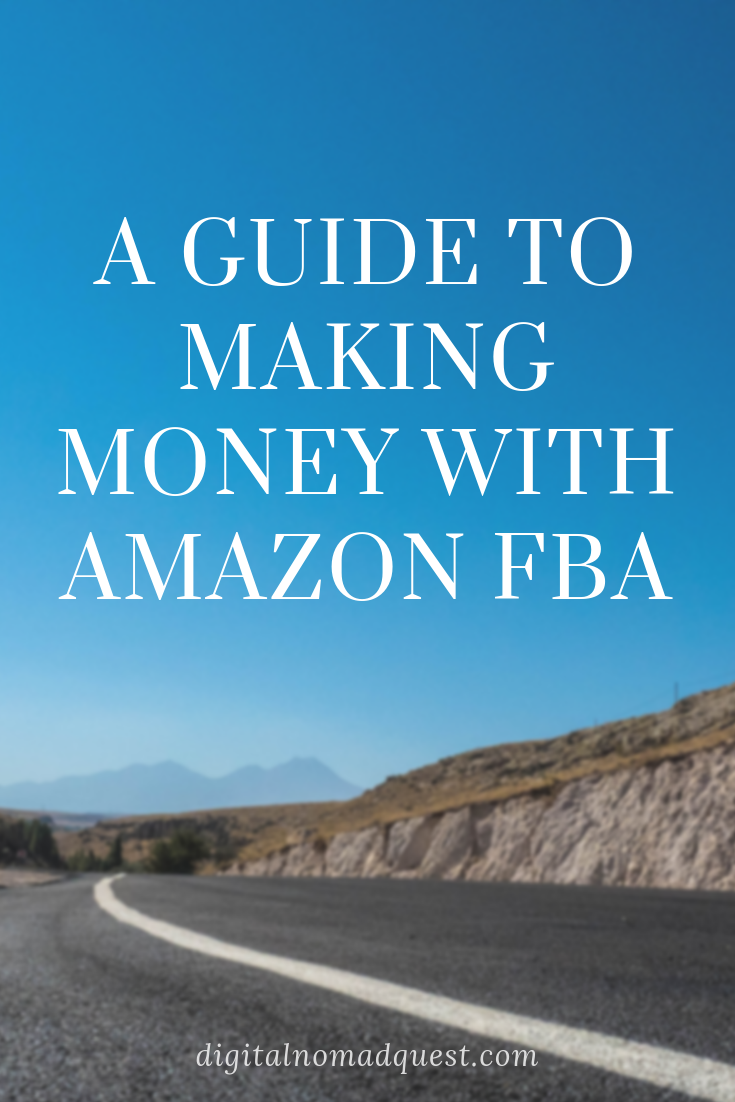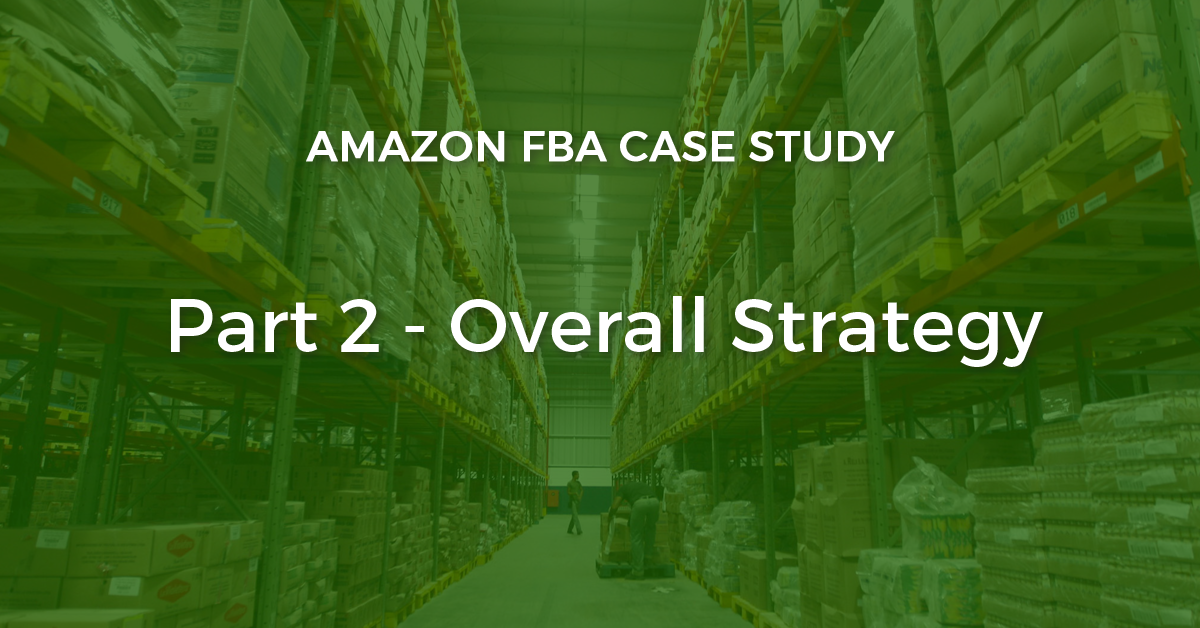Now that we’ve talked about what Amazon FBA is and why it’s good, I want to share my bigger picture strategy.
What (I Think) My Timeline Should Look Like:
Below are the steps I will take in order to accomplish my first Amazon FBA attempt.
1. Research – This will entail learning the how-to’s and best practices of Amazon FBA – including how the Amazon seller’s account works and how Alibaba works.
2. Pick a Product – Using my learnings, I will pick a product I think will succeed with my endeavors. Unfortunately, I won’t be revealing the product I’m using as I’m worried about competition, but regardless you’ll be getting all the other details around what I’m doing.
3. Contact Suppliers – Once I have chosen my product, I will contact suppliers on Alibaba and find a manufacturer. I’ll explain exactly what I want, which will involve private labeling with my own logo/brand and possibly incorporating some changes to make my product unique.
4. Order a Sample – To ensure the product is of high quality, I will order a sample with a supplier.
5. Create a Sellers’ Account – I need to create a Pro account on Amazon FBA. I will watch more tutorials while waiting for the sample to make sure I’m absolutely certain on every detail of the process.
6. Place Order
7. Buy a Barcode and Send UPC Codes to Supplier to Put on Orders – Cause apparently Amazon requires this.
8. Ship to Amazon Warehouse
9. Pray I Get Sales
10. Scale Up & Build Brand!
I didn’t realize the potential of using Amazon FBA to actually build a brand, till recently. Building a brand can be so powerful – I’ve heard a story in which an FBA seller actually sold his brand for $1 million…so amazing!
The Difference Between Online Arbitrage, Retail Arbitrage, and Private Labeling
So I’d say there are three main methods that people use to make money online with Amazon FBA: online arbitrage, retail arbitrage, and private labeling.
Online Arbitrage (OA) – Online Arbitrage is basically the act of looking for cheaper products online and reselling them on Amazon. You leverage a price mismatch in 2 different markets and buy a ton online to resell on Amazon. Liquidation.com is an example of a site that people use to grab their discounted products.
Retail Arbitrage (RA) – The concept with Retail Arbitrage is similar to OA except you’re buying your products at brick & mortar stores. Essentially this can require a lot of time because what you’re usually doing is scanning different barcodes and seeing if the products you’re shopping for can profit if sold on Amazon.
Private Labeling (PL) – Private Labeling is the method I will be using. This involves purchasing product from a supplier, making adjustments/rebranding it as your own, and selling on Amazon.
Why Private Label?
I find private labeling attractive for the following reasons:
- Scalable: RA and OA feel a bit more like “active income”. Why? If you can’t find anymore discounted products, you’re done. It’s not a route that you can set and forget. You have to continuously find deals with RA/OA, whereas with PL, you’re creating your own product that can scale up. If it succeeds right away, all you need to do is add more supply, get more reviews, put paid ads on it if the cost per acquisition is low enough, etc.
- Brand-Building: Since you’ll be creating your OWN product, you’ll be able to build a brand from it. You can put up products under a specific niche, build brand reputation, and possibly create a website and expand past Amazon to other platforms. Then, if it does well enough, you could sell the name to a willing buyer!
- Lucrative: As compared to Etsy and Kindle, Amazon FBA seems like a route that requires less effort but more initial capital. However, it has the potential to make large sums of money, fast! I’ve heard of people reaching that $5k/month mark with just 1 product. Kindle and Etsy will take a longer time to really build into something lucrative (but takes less start up capital). I’d like to try Amazon FBA because I do have the money to invest, and if it succeeds it will provide me with more confidence and push me a lot further into my goals.
Okay, so I’ve outlined my timeline and reasons for private labeling. I hope you found that convincing and informative! In my next post, I’m going to compile a bunch of different resources I’ve studied. My posts are helpful, but I think it’s also important to study a vast amount of resources to gain different perspectives and a deep understanding of everything.



Comments 3
Hi,
I do have one question. I have read about it and I do have one question do you need to be a business owner ( limited or something ) to open seller account ?
And probably the most interesting probably an answer is yes so where do want to open your business what countries you recommend just to sell products using Amazon FDA ?
Regards,
Author
Hi! You actually don’t need an LLC to open a seller’s account. As of now I’m honestly unsure of the best place to open an LLC – will need to research that. I am also trying to find out if opening a company overseas (while from USA) has tax benefits, etc.
Thanks for that info ;), in my country law is very strict and would be safer to open whatever business, the best would be a country with only one tax from revenue without any additional like medical, social, retirement tax and ….